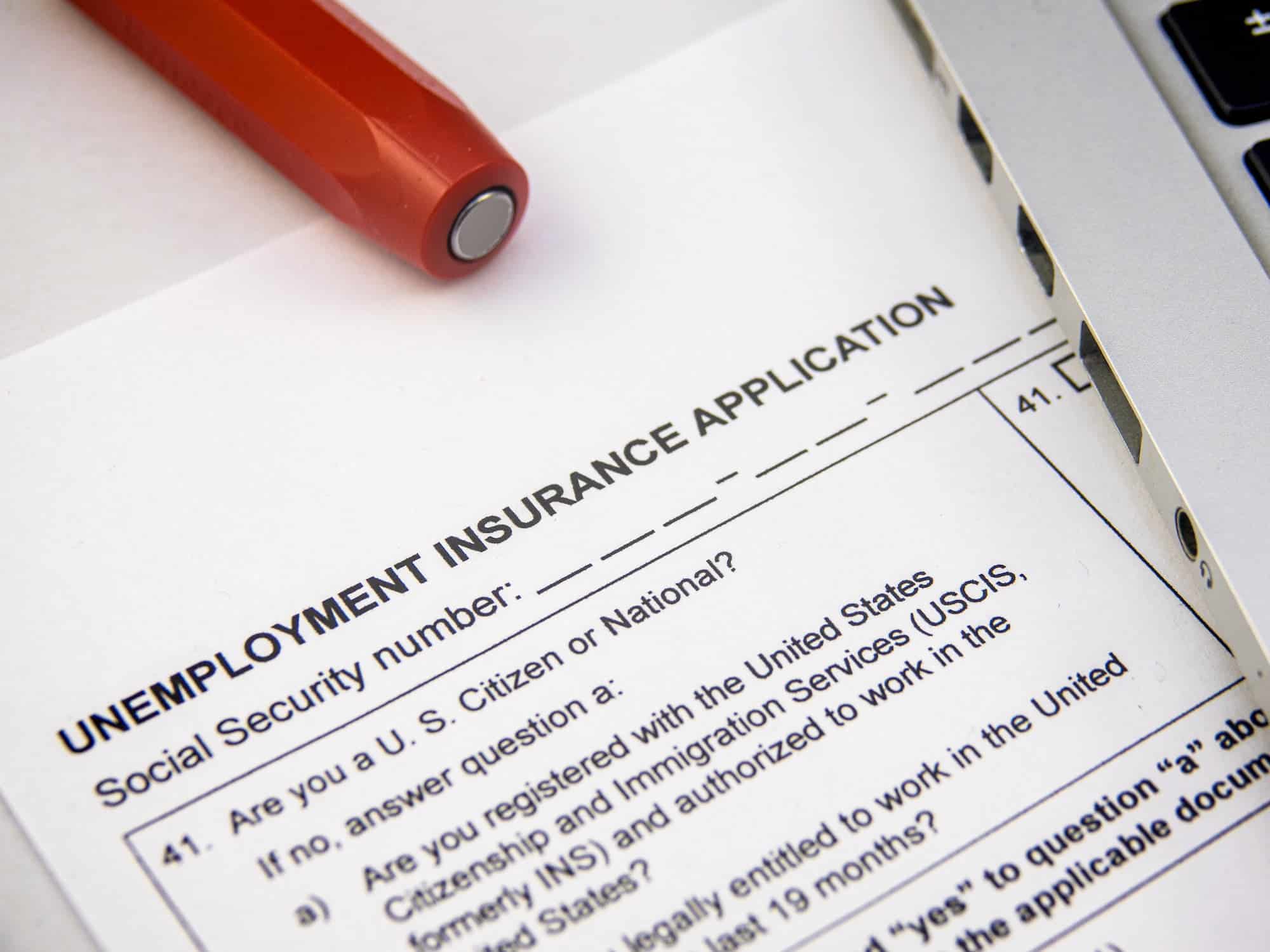
New Laws in California in 2023: What You Need to Know
Free ConsultationWith another year comes another set of laws passed by the California legislature. In 2022, Governor Gavin Newsom signed hundreds of new bills into law, many of which will go into effect sometime in 2023.
With so many bills to follow, it may be difficult to know how certain laws might affect you. We’ve done the leg work and compiled a list of new laws in California and how they will impact your everyday life.
Employment Law
Equal Pay: In an effort to address the issue of equal pay, Senate Bill 1162 requires all employers in California with at least 15 workers to include the hourly rate or salary range in every job listing. It also strengthens requirements that employers submit detailed pay data reports that include the number of employees by race, ethnicity and sex in specified job categories.
Minimum Wage: The minimum wage in California will expand to nearly all workers in 2023, including those at small businesses. The hourly increase will apply to employees in businesses with 25 or fewer workers, which is the final step in a 7-year process to hike the minimum pay for hourly workers. A 2016 law established a state minimum wage increase by $1 per year until 2022 up to $15/hour. In 2023, the minimum wage will increase by another 50 cents to $15.50 due to inflation.
Fast Food Workers: If you are a fast food worker in California, Assembly Bill 257 creates what advocates are calling a pseudo union. Called the FAST Recovery Act, AB 257, establishes a 10-member Fast Food Council within the Department of Industrial Relations that will set minimum standards for wages, working hours, and other conditions for fast food employees.
Disability and Paid Family Leave: For those on disability and paid family leave, Senate Bill 951 raises the cap on payments for people making under $57,000 per year. People earning below this threshold will be paid 90% of their regular wages (higher than the current 70%) beginning in 2025.
Workers’ Compensation: A contractor that doesn’t carry worker’s compensation insurance could lose their license as a result of Senate Bill 216. Worker’s compensation was already required, but starting July 1, 2023 this new penalty will be added.
Traffic Laws
Speeding: Speed limits on roads and state highways could be lowered by local governments as a result of Assembly Bill 43. The law is meant to address rising traffic deaths. Current state law mandates the “85th percentile rule,” which sets the speed limit on any road as the speed at which 85% of cars on that road travel. AB 43 allows cities and counties to bypass this rule and lower speed limits through “safety corridors” in roads throughout the state.
Street Racing: With street racing and street takeovers becoming more of a problem, the California legislature attempted to address the problem with the passage of two bills. Assembly Bill 2000 makes it a crime to race or exhibit a vehicle’s speed in an “offstreet parking facility.” Racing is already illegal on roads and highways. A different bill, AB 74, increases the punishment for street racing up to suspending the perpetrator’s license for up to 6 months, and restricting their ability to drive for their employer.
Catalytic Converters: As thefts of catalytic converters have increased, lawmakers set their sights this year on the illegal market. Senate Bill 1087 prohibits auto parts recyclers from buying a used catalytic converter from anyone other than specified sellers. These sellers include vehicle dismantlers, auto repair dealers, or people with written proof of ownership of the converter. This law is the first in a slew of laws addressing the uptick in catalytic converter thefts throughout the state.
Jaywalking: Crossing the street outside a crosswalk will no longer be against the law in California in 2023 due to AB 2147. The law prohibits police from citing anyone from jaywalking unless they are at risk of being hit by traffic. Violations would apply to someone walking aimlessly in traffic rather than someone just trying to cross the street.
The Legal System
Remote Court Appearances: The coronavirus pandemic spawned a new age of video conferencing. One of the biggest changes occurred in the court system, which for the first time opened video conferencing for important proceedings that otherwise were conducted in a courtroom. Senate Bill 241 allows court conferences, hearings, or proceedings to continue taking place remotely through July 1, 2023.
Rap Lyrics at Trial: Prosecutors who want to use rap lyrics as evidence to convict someone of a crime must hold a hearing before trial, away from the jury, to prove that the lyrics are relevant to the case. Assembly Bill 2799 was authored in light of revelations from the book Rap on Trial, which discusses racial biases related to rap lyrics used in court proceedings.
Criminal Justice
Record Relief: Excluding violent criminals and sex offenders, many of those convicted of a misdemeanor or felony in California more than five years ago can have their criminal records sealed under SB 731. The law allows criminal records to be sealed only if the person completed their terms of punishment and have not committed another crime since, these sealed records cannot be used to deny the former offender employment, but they must be disclosed to school districts. This record relief does not extend to most violent crimes, or any felony requiring the person to register as a sex offender.
Mental Health Crisis
People Experiencing Homelessness: A new program under SB 1338 creates the CARE Court program as a way to compel adults living on the streets with serious mental illness into state-mandated facilities. Family members, law enforcement, and health care professionals can now petition a court to create a care plan for people that meet specific criteria, including a diagnosis of schizophrenia or another psychotic disorder. Seven California counties—Glenn, Orange, Riverside, San Diego, Stanislaus, Tuolumne, and San Francisco—must comply by October 1, 2023, while the rest of the state has until December 1, 2024.
Digital Privacy
California Privacy Rights Act: In 2020, California citizens voted to pass Prop 24, better known as the California Privacy Rights Act (CPRA). Though some provisions of the law began in 2021, most of the law takes full effect on January 1, 2023.
Under previous law (the California Consumer Privacy Act of 2018), consumers were given the following rights:
- The right to know what personal info was collected by a business, as well as from whom, why, and where it was sold
- The right to delete this personal info
- The right to opt out of sale of personal info
- The right to bring a cause of action against a business for any data breaches
The CPRA adds to these rights by giving consumers the right to correct any inaccurate personal information, and the right to limit a business’s disclosure of sensitive personal information, including their personal identification numbers, financial information, location, race, religion, mail or text messages, or genetic data.
Medical Malpractice
Recovery Amounts: Medical malpractice cases in California will receive long-awaited changes on Jan 1, 2023 due to Assembly Bill 35.
Since 1975, Californians seeking justice after suffering at the hands of a medical provider have faced obstacles towards obtaining a full recovery. The Medical Injury Compensation Reform Act—MICRA for short—capped a plaintiff’s ability to collect non-economic damages at $250,000.
In 1975, when MICRA was passed, $250,000 had the purchasing power of $1.3 million today. But as inflation has eroded the value of the dollar, the law has not changed and victims of medical malpractice throughout the state have remained unable to get the justice they deserve.
AB 35 helps address this issue. Beginning in 2023, the cap on damages for injuries not resulting in death increases to $350,000, and will increase $40,000 every year through 2033. For injuries resulting in wrongful death, the cap increases to $500,000 and increases $50,000 every year through 2033. After 2033, these amounts will increase by 2% every year.
PARRIS stands with the Consumer Attorneys of California and other victims’ rights advocacy organizations in support of this law. While AB 35 is a step in the right direction, the ultimate goal is to place the decision of what a victim’s recovery amount should be in the hands of a jury.
Gun Lawsuits: Private citizens can sue companies that make and sell firearms if they sell assault weapons or ghost gun products, which are already illegal in the state. SB 1327 creates a minimum bounty of $10,000 for violators. Most of the provisions take effect July 1, 2023.
PARRIS Law Firm: Here to Protect You and Inform You of the CA New Laws
If you have any questions about these new laws and how they may affect you, reach out to our team for a free case consultation. We’re dedicated to helping you get the legal help you need.






